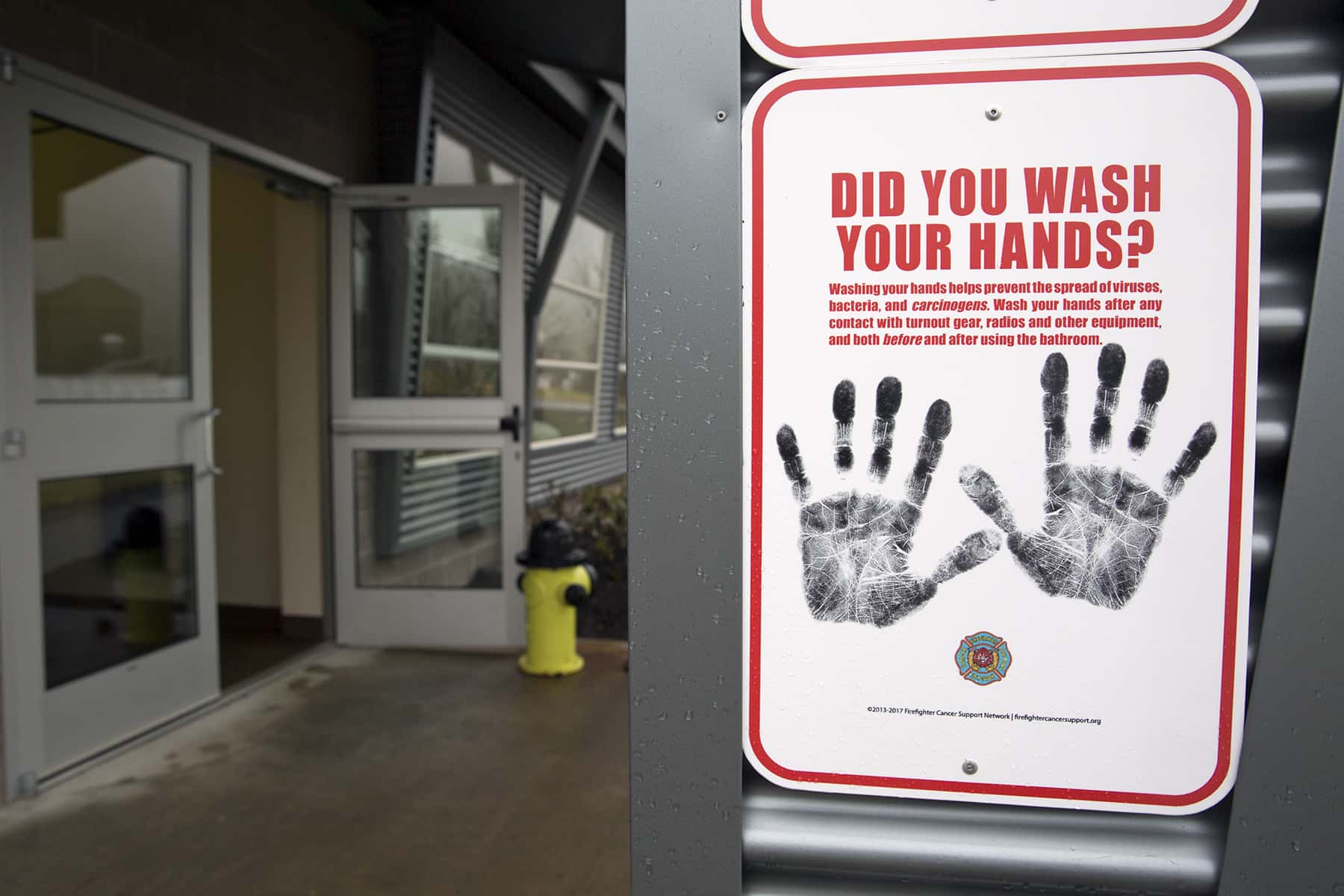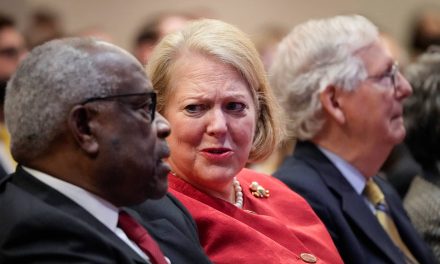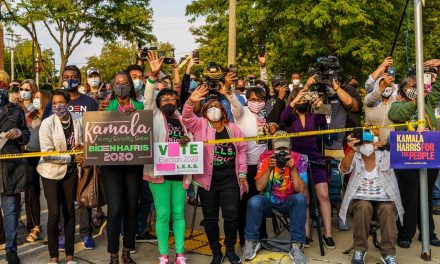
The rapid spread of novel coronavirus has prompted government, business, and civil society to take dramatic action-canceling events large and small, restricting travel, and shutting down major segments of the economy on which nearly all of us depend.
It is a demonstration of our ability, when the imperative is clear, for deep and rapid global cooperation and change at a previously unimaginable speed and scale. There is an obvious desire to protect ourselves and our loved ones. But we are also seeing something more as communities mobilize to address the crisis—a sense of mutual responsibility, born of a recognition that we are ultimately bound to a common fate. The speed of the resulting global shift is beyond any prior human experience.
At the same time, the crisis of the coronavirus pandemic focuses attention in the United States on the disastrous deficiencies of a profiteering health care system. Corporations are competing only to increase their take from health expenditures while minimizing the amount of money they spend on providing care.
This system is reasonably proficient in providing boutique care for the very rich at exorbitant prices, but it is disastrously deficient in addressing the health care needs of ordinary people affordably. It is similarly deficient in anticipating, preparing for, and responding to public health emergencies such as the one we are in now. I sense that as our eyes open to this reality, we are seeing a simultaneous awakening to the imperative to deal with a host of other system failures that imperil our common future. For example:
- An economic system that values nature only for its market price, ignores Earth’s limits, and wantonly destroys the stability of its climate and the health and purity of its air, water, and soil. This directly imperils our survival and well-being.
- Military expenditures that consume more than half of all federal discretionary funding to prepare for conventional wars of the past and engage us in unwinnable conflicts born of environmental and social collapse. This represents wasted resources that would be better applied to addressing the underlying sources of current security threats.
- A financial system devoted to generating speculative profits for the richest without the burden of contributing to meaningful livelihoods and security for those who do useful work. Money must serve us, not enslave us.
- An education system that promotes maximizing personal financial returns as the highest moral obligation to society. Education should prepare us to transform a self-destructive system into one that will support our long-term future.
For far too long, we have ignored the failures of a system that reduces ever more people to homelessness, incarceration, refugee camps, permanent indebtedness, and servitude to institutions devoted to conflict and the generation of unearned financial returns. The challenges are monumental and are likely to be addressed only as we begin to understand that business as usual is simply not an option.
This is humanity’s wake-up call. As we awaken to the truth of the profound failure of our existing institutions, we also awaken to the truth of our possibilities and interconnections with one another and with Earth. With that awakening comes a recognition that we must now learn to live lightly on the Earth, to war no more, and to dedicate ourselves to the well-being of all in an interdependent world.
We in the United States also face a special challenge. We have much that the world admires. But far from being a model for others to emulate, we represent an extreme example of what the world must now leave behind. As a nation, we have for too long battled over simplistic political ideologies that limit our choices to granting ultimate power either to government or corporations, both of which are controlled by the richest among us.
The coronavirus pandemic is a powerful reminder that effective government committed to the common good is essential to our well-being, and that there is no place in our common future for politicians committed to proving that government cannot work. We need leaders committed to effective government of, by, and for the people. These leaders must simultaneously recognize that the collective well-being of all depends on institutions in all three sectors — government, business, and civil society—that are effective at, committed to, and accountable for serving the well-being of the communities that create them.
These are challenging and frightening times. As we respond to the coronavirus emergency and the immediate needs of the people and communities impacted by it, let us also keep in view the systemic needs and possibilities that crisis exposes. Despite the trauma all around us, let us embrace this moment as an opportunity to move forward to create a better world for all.
Dаvіd Kоrtеn
Jаsоn Rеdmоnd and Mаrk Rаlstоn
Originally published by YES! Magazine as Facing COVID-19 With Community Instead of Fear















